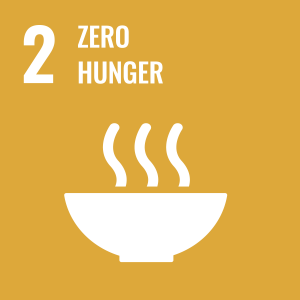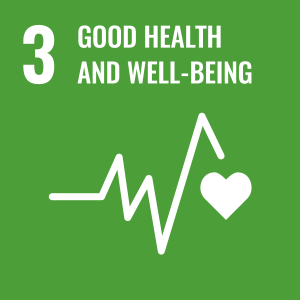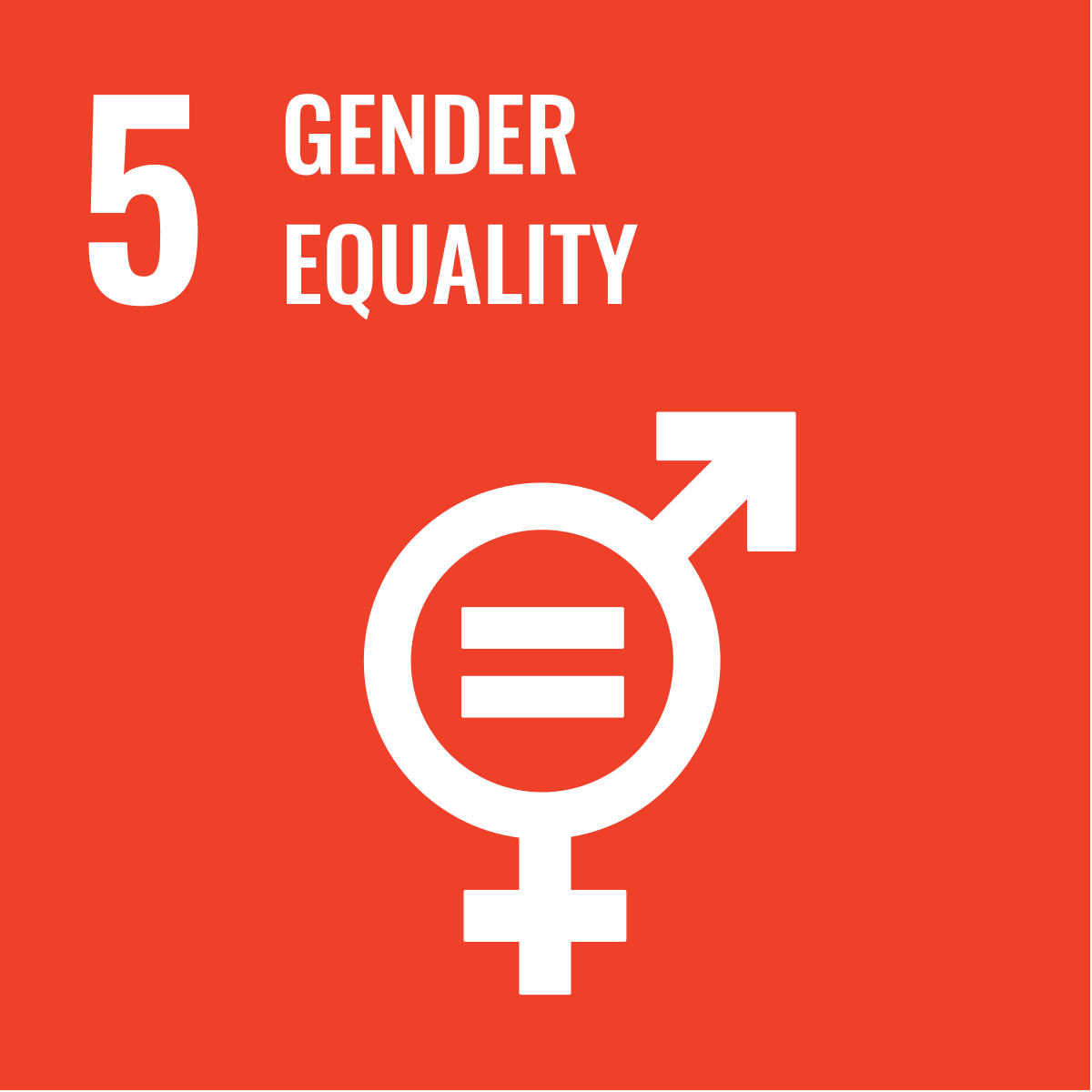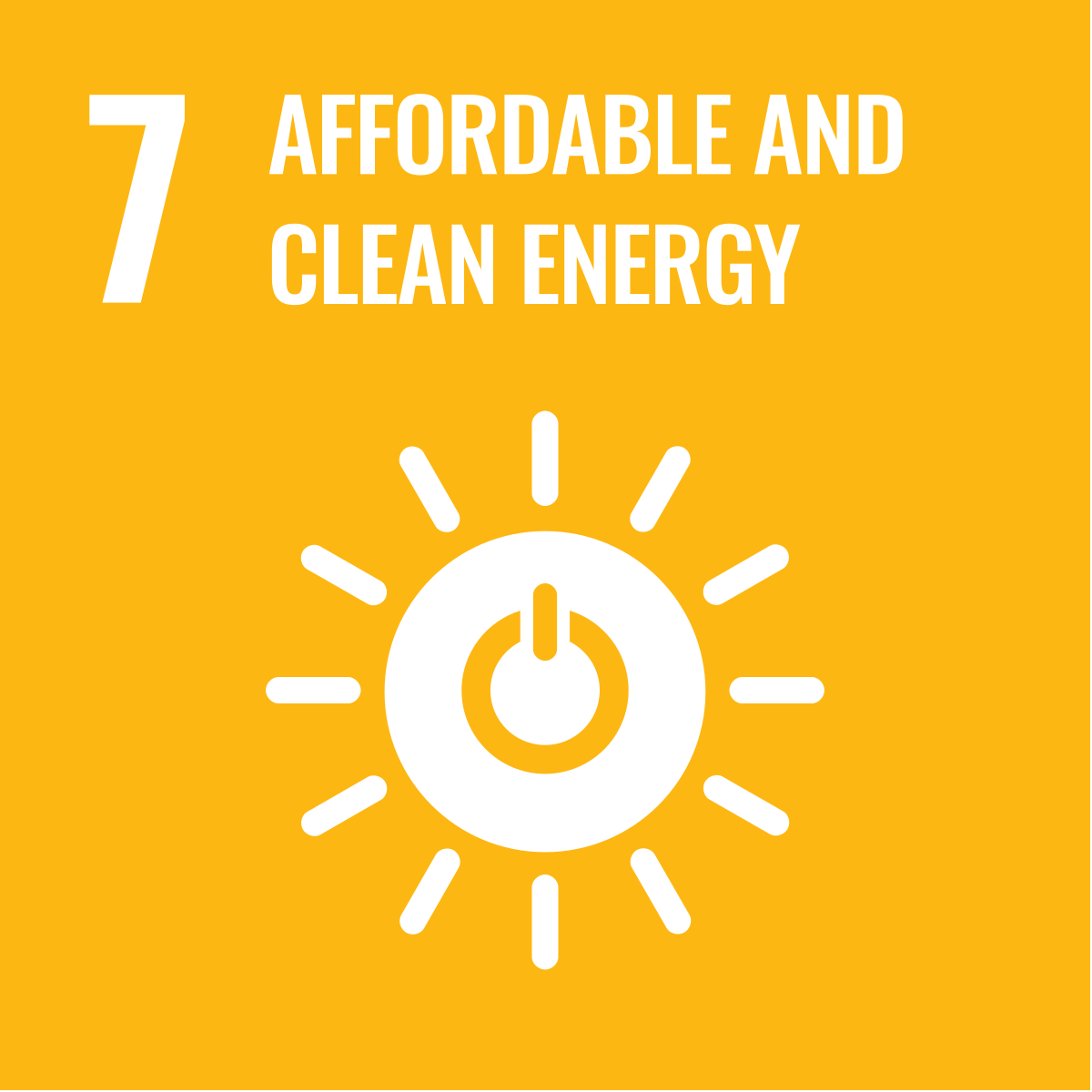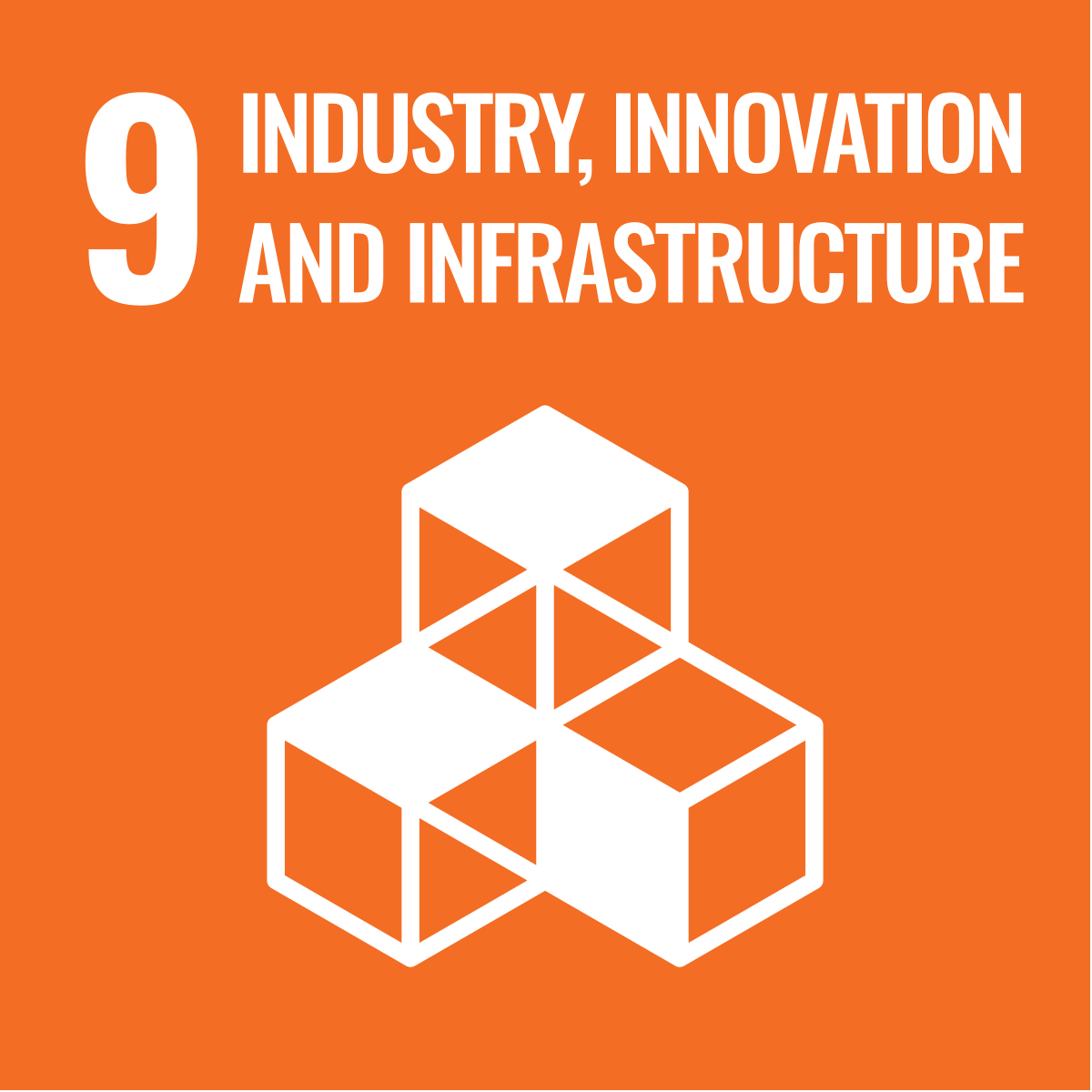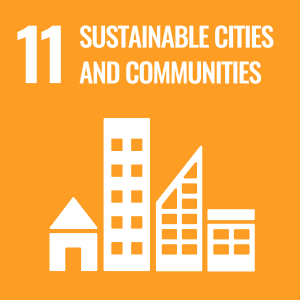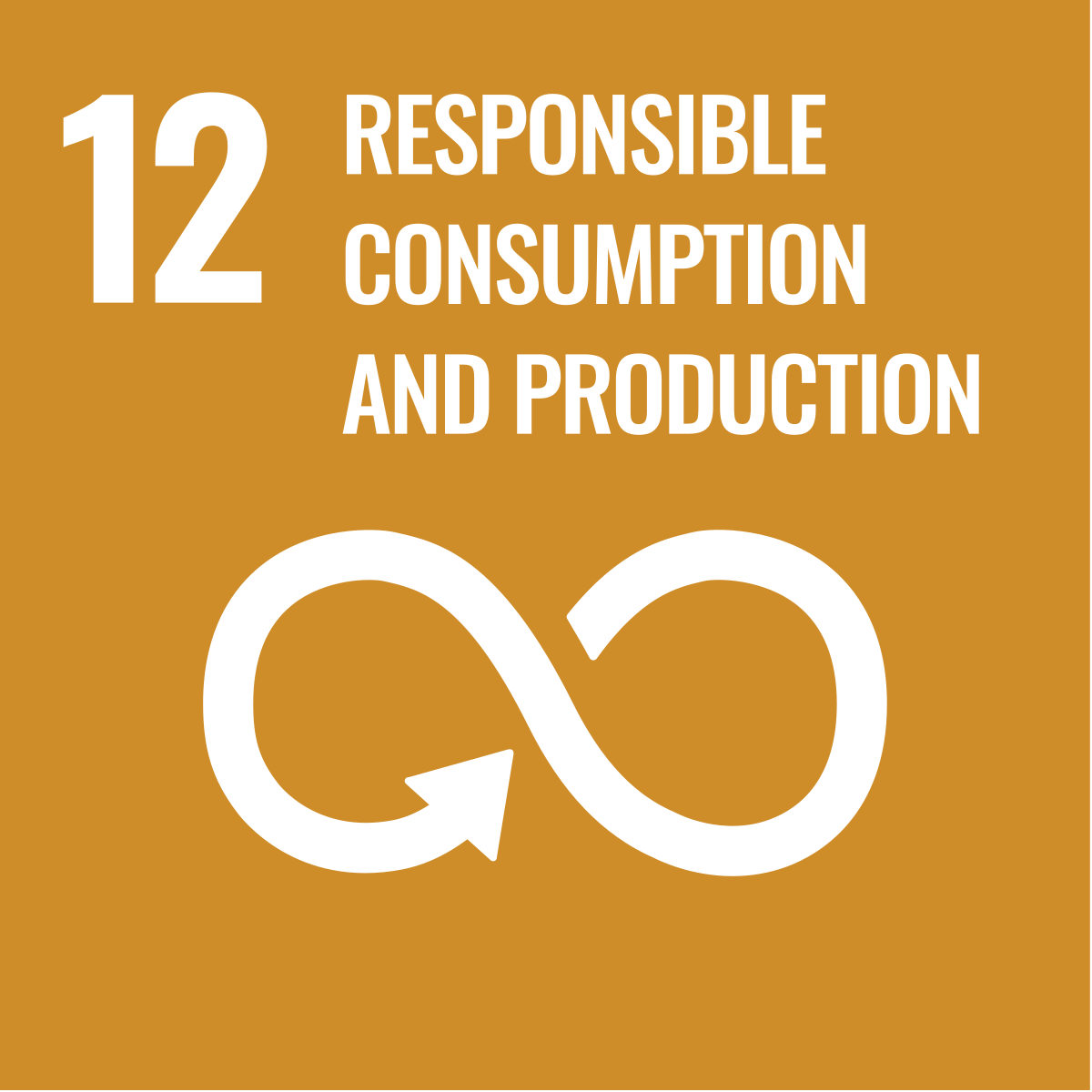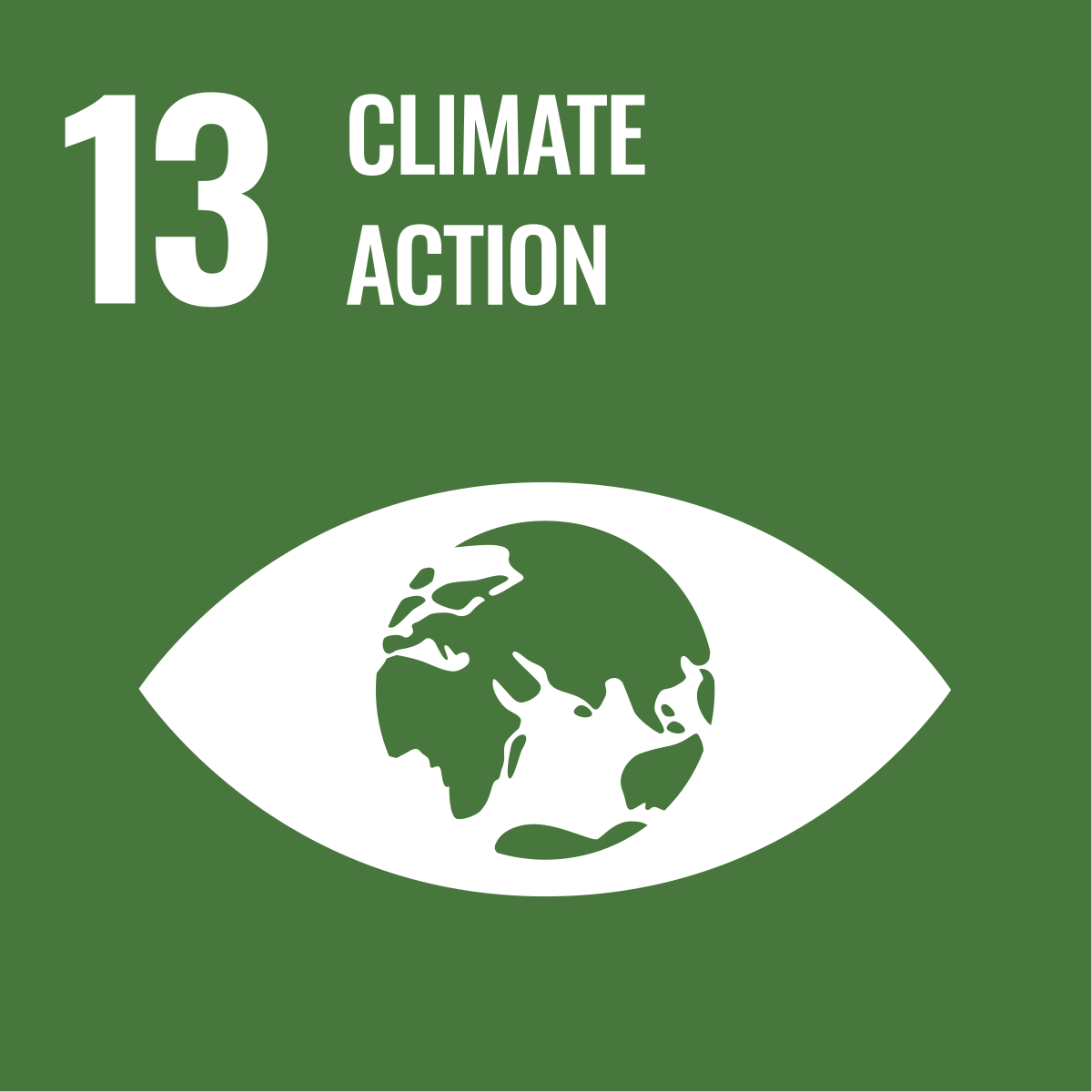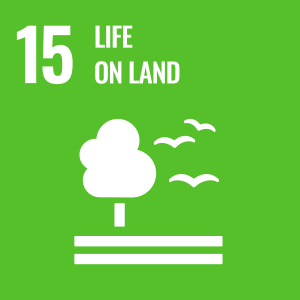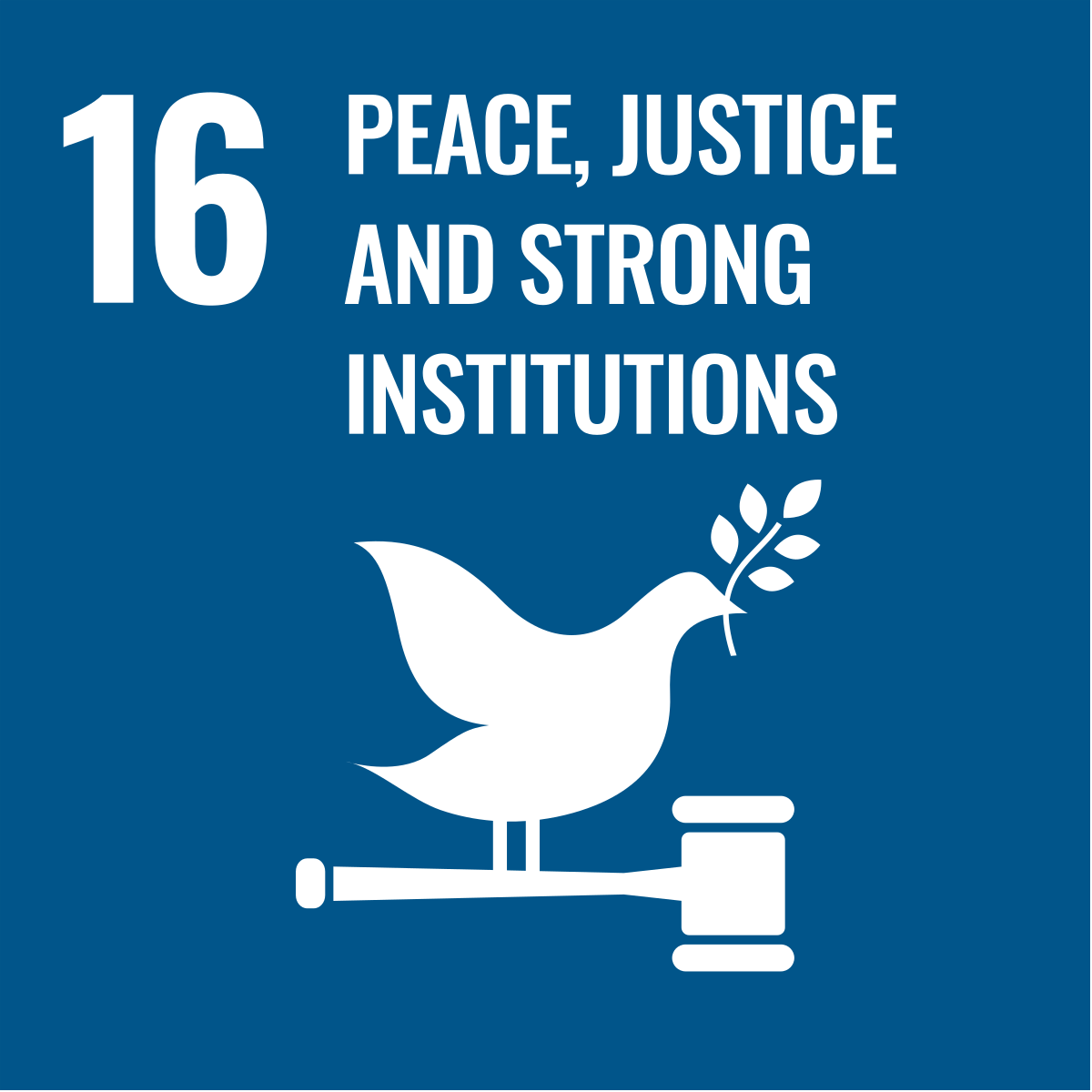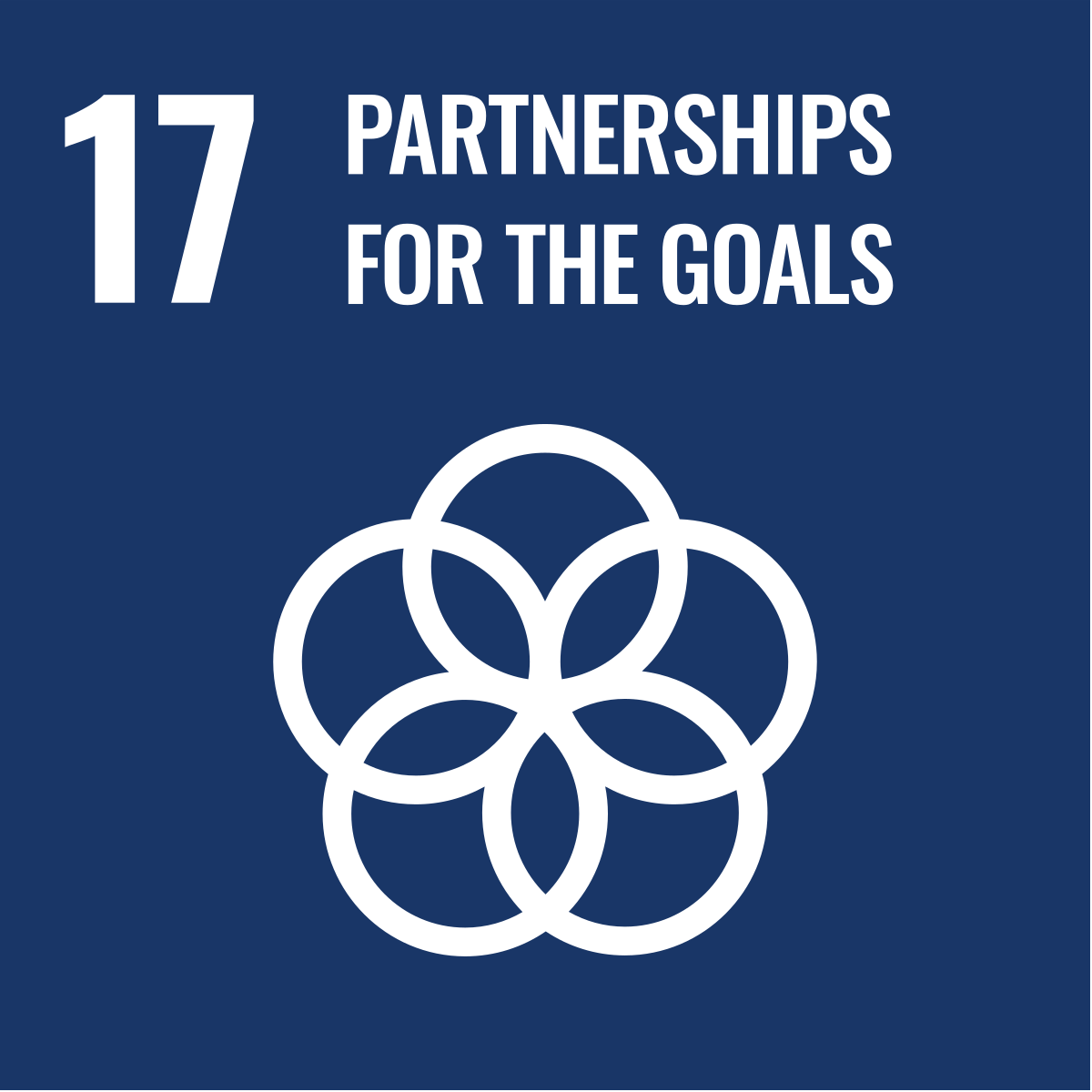Here at SDGs@UofT, we are dedicated to platforming, showcasing, and implementing the 17 Sustainable Development Goals outlined by the United Nations. What are the Sustainable Development Goals (SDGs), and why are they important?
The 2030 Agenda for Sustainable Development, adopted by all United Nations Member States in 2015, provides a shared blueprint for peace and prosperity for people and the planet, now and into the future. At its heart are the 17 Sustainable Development Goals (SDGs), which are an urgent call for action by all countries—developed and developing—in a global partnership. They recognize that ending poverty and other deprivations must go hand-in-hand with strategies that improve health and education, reduce inequality, and spur economic growth—all while tackling climate change and working to preserve our oceans and forests.
The UN has been working alongside multiple recognized countries on the international stage over the course of many decades to assert the agenda we have now. Through actualizing it, by the year 2030, we hope we will have cultivated a future that is not only sustainable but also inspires committed progress in ensuring our social, political, economic, and environmental needs continue to be fulfilled and that no country is left behind in this vision.

To learn more about each of the SDGs, interact with the icons below:
SDG 1: NO POVERTY
This SDG is dedicated to ending poverty in all its forms everywhere. Strategies being implemented include social protections for vulnerable populations in the workforce, ensuring equal rights to economic sources, reducing exposure to workplace vulnerabilities, and allowing for accelerated investment in poverty eradication actions.
SDG 2: ZERO HUNGER
This SDG aims to end hunger, achieve food security and improved nutrition and promote sustainable agriculture. Strategies being implemented include ensuring access to safe, nutritious, and sufficient food for especially poor and vulnerable populations, and doubling the agricultural productivity and incomes of small-scale food producers.
SDG 3: GOOD HEALTH AND WELL-BEING
This SDG is dedicated to ensuring healthy lives and promoting well-being for all at all ages. Strategies being implemented include reducing the neonatal mortality rate, substantially increasing health financing and the recruitment, development, training and retention of the health workforce in developing countries, and ending global epidemics.
SDG 4: QUALITY EDUCATION
This SDG is dedicated to ensuring inclusive and equitable quality education and promoting lifelong learning opportunities for all. Strategies being implemented include ensuring free, inclusive, and accessible primary and secondary education, and increasing the number of youth and adults who have relevant technical and vocational skills.
SDG 5: GENDER EQUALITY
This SDG is dedicated to achieving gender equality and empowering all women and girls. Strategies being implemented include eliminating violence against women and girls in public and private spheres, creating equal political and economic opportunities, and recognizing unpaid domestic work through public services and social protections.
SDG 6: CLEAN WATER AND SANITATION
This SDG is dedicated to ensuring the availability and sustainable management of water and sanitation for all. Strategies being implemented include achieving universal and equitable access to safe and affordable drinking water, reducing water pollution, and protecting and restoring water-related ecosystems (mountains, forests, wetlands, etc.).
SDG 7: AFFORDABLE AND CLEAN ENERGY
This SDG is dedicated to ensuring access to affordable, reliable, sustainable and modern energy for all. Strategies being implemented include ensuring universal access to affordable, reliable and modern energy services; increasing the share of renewable energy; and upgrading technology for supplying modern and sustainable energy services.
SDG 8: DECENT WORK AND ECONOMIC GROWTH
This SDG is dedicated to promoting sustained, inclusive, and sustainable economic growth, full and productive employment, and decent work for all. Strategies being implemented include achieving higher levels of economic productivity through diversification, technological upgrading and innovation; and promoting sustainable tourism.
SDG 9: INDUSTRY, INNOVATION, AND INFRASTRUCTURE
This SDG is dedicated to building resilient infrastructure, promoting inclusive and sustainable industrialization and fostering innovation. Strategies being implemented include supporting domestic technology development, research and innovation in developing countries.
SDG 10: REDUCED INEQUALITIES
This SDG is aims to reduce inequality within and among countries. Strategies being implemented include empowering and promoting the social, economic and political inclusion of all, irrespective of age, sex, disability, race, ethnicity, origin, religion or economic or other status; and facilitating the orderly and safe migration and mobility of people.
SDG 11: SUSTAINABLE CITIES AND COMMUNITIES
This SDG aims to make cities and human settlements inclusive, safe, resilient and sustainable. Strategies being implemented include ensuring access to affordable housing; enhancing sustainable and inclusive urbanization; and safeguarding the world’s cultural and natural heritage.
SDG 12: RESPONSIBLE CONSUMPTION AND PRODUCTION
This SDG is dedicated to ensuring sustainable consumption and production patterns. Strategies being implemented include achieving the sustainable management and efficient use of natural resources, and halving per capita global food waste at the retail and consumer levels.
SDG 13: CLIMATE ACTION
This SDG aims to take urgent action to combat climate change and its impacts. Strategies being implemented include integrating climate change measures into national policies, strategies, and planning; and improving education, awareness-raising and human and institutional capacity on climate change mitigation, adaptation, impact reduction and warnings.
SDG 14: LIFE BELOW WATER
This SDG aims to conserve and sustainably use the oceans, seas and marine resources for sustainable development. Strategies being implemented include preventing and significantly reducing marine pollution of all kinds, and minimizing and addressing the impacts of ocean acidification, including through enhanced scientific cooperation.
SDG 15: LIFE ON LAND
This SDG aims to protect, restore and promote sustainable use of terrestrial ecosystems, sustainably manage forests, combat desertification, and halt and reverse land degradation and halt biodiversity loss. Strategies being implemented include taking urgent action to end poaching and trafficking of protected species.
SDG 16: PEACE, JUSTICE, AND STRONG INSTITUTIONS
This SDG is dedicated to promoting peaceful and inclusive societies for sustainable development, providing access to justice for all and building effective, accountable and inclusive institutions at all levels. Strategies being implemented include reducing corruption and bribery in all forms.
SDG 17: PARTNERSHIPS FOR THE GOALS
This SDG is dedicated to strengthening the means of implementation and revitalizing the Global Partnership for Sustainable Development. Strategies being implemented include mobilizing additional financial resources for developing countries from multiple sources, and promoting a universal, rules-based, non-discriminatory multilateral trading system.
The SDGs aim to transform our world, lending a more critical and inclusive eye on how interconnected today's most pressing issues are. Through international acknowledgement and collaboration, to even the smaller scale projects we are accomplishing here, a better tomorrow is possible.


